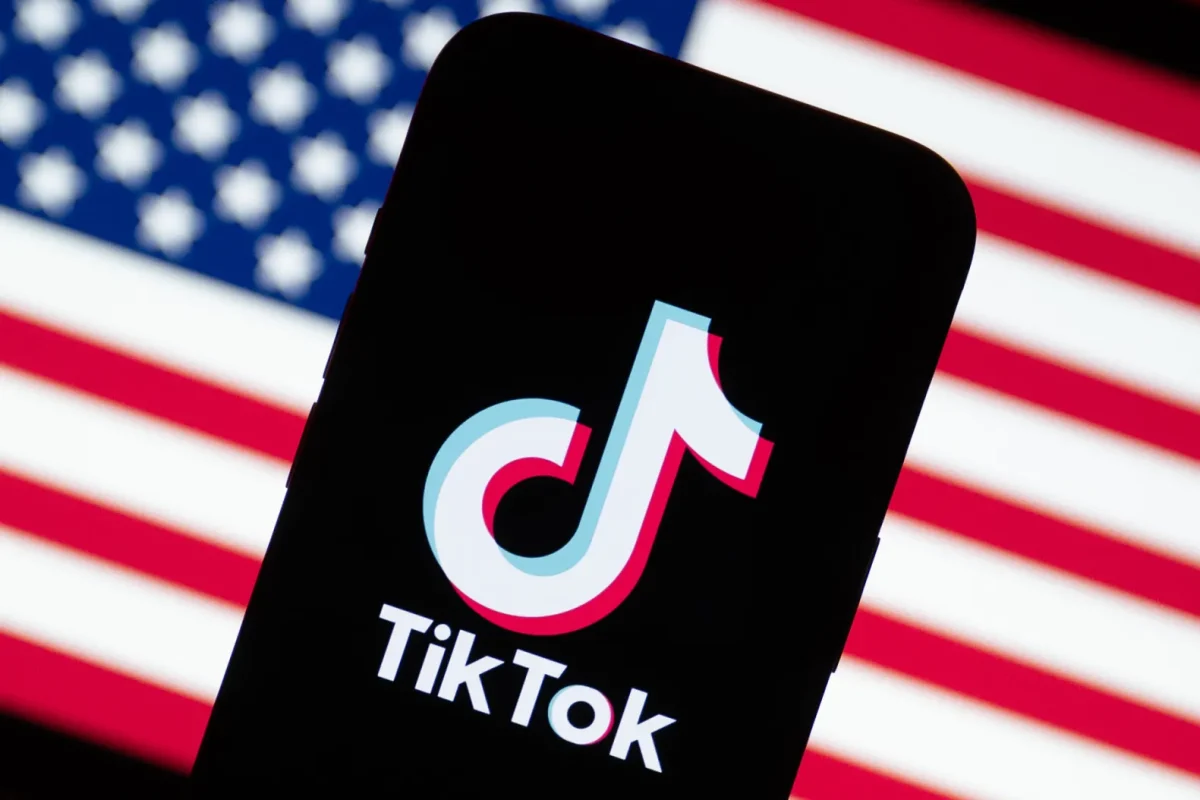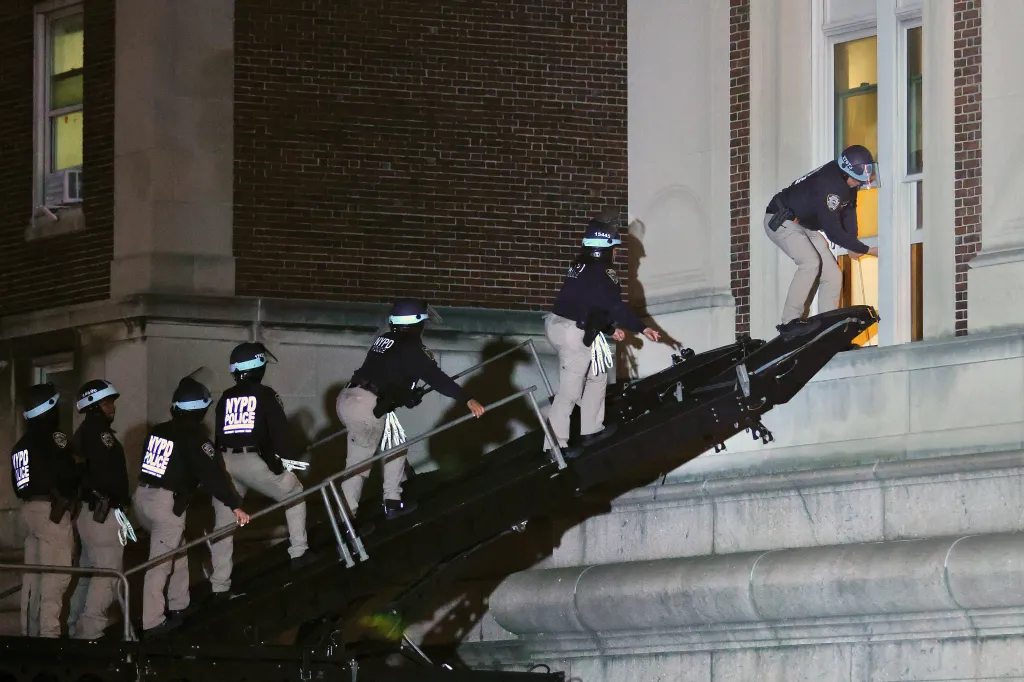On March 13, the U.S. House of Representatives voted overwhelmingly in favor of a bill that would force TikTok’s Chinese parent company to sell the popular video platform or face a ban in the U.S.
The bill, H.R. 7521, otherwise known as the Protecting Americans from Foreign Adversary Controlled Applications Act, would force ByteDance, the Beijing-based company that owns TikTok, to sell the app. If ByteDance fails to do so, TikTok would be banned from U.S. app stores.
“I think it’s a good thing, the bill,” says WVW junior Collin Murphy. “I feel like they got different regulations over there. I think if it’s American owned, you get more good things.”
After being introduced on March 5, the bill moved rapidly through Congress. It was unanimously supported by the House Energy and Commerce Committee on March 7 before being sent for a vote before the whole House.
“I find it so stupid how quickly they had it passed,” says senior Margaret Elmir. “We have so many other issues that need to be addressed, but they’re concerning themselves over a measly app where people dance and talk about their issues.”
The vote before the House was 352-65, representing overwhelming bipartisan support for a measure drafted by the bipartisan duo of Congressmen Mike Gallagher (R-Wis.) and Raja Krisnamoorthi (D-Ill.). The two currently occupy the top positions on the House Select Committee on the CCP. Over the past year, this House committee has investigated the influences of the Chinese Communist Party (CCP) in the United States, such as the alleged ties between the CCP and TikTok.
The main concern cited by proponents of H.R. 7521 is the potential that the Chinese government could obtain Americans’ personal user data by leveraging their authority over ByteDance.
Those concerns should “be taken seriously,” says freshman Ava Shaffer. “Your own information that you would not like to share should not be put on TikTok.”
In 2022, BuzzFeed News reported that TikTok employees based in China were caught on tape discussing the ability for them to access the nonpublic data of American users.
“If they’re spying on us they can get information from any of us, and that’s obviously not a good thing,” said Murphy. “And they probably will spy on us.”
A 2023 study out of Rutgers University also suggested a “strong possibility” that the CCP was suppressing content critical of China on TikTok due the notably smaller presence of China critical posts on TikTok when compared to American platforms like Instagram, which is banned in China.
“It could be part of TikTok, but I think it just depends on more of your algorithm that you have,” says senior Olivia Ravert. “If you look it up you can still find it. It just depends more on what the creators talk about the most, I think.”
TikTok has not been idle in opposing H.R. 7521, sending a pop-up notification to some American users imploring them to call their congressmen and oppose to the bill. Supporters of the bill have used this to cry foul at TikTok for manipulating users against America’s national security interests.
“I don’t believe that they’re trying to manipulate people,” said Ravert. “I see it more as an app trying to keep its main audience, ‘cause a lot of the audience is American.”
Users of TikTok also made their presence known on Capitol Hill as the vote went down. They argue the bill will stifle freedom of expression and hurt small businesses who utilize the platform.
“A lot of people think it’s just TikTok brain rot, but there’s definitely some informational things, some opinions, political opinions, a lot of small businesses that you’d be shutting all those people off from getting their word out there,” says junior Kelvin Kocher. “I feel like the more ways people have to get their message out, the better it would be.”
A similar law banning TikTok in the state of Montana was blocked last year by a federal court due to concerns about the violation of First Amendment rights. The American Civil Liberties Union and some congressmen claim this new bill would likewise infringe on freedom of speech.
“There are other social medias that can be used in the replacement of TikTok, but I don’t believe [a ban] violates the First Amendment,” said Shaffer.
A significant portion of the estimated 170 million Americans who use TikTok are young people, making the issue a major concern for high school students specifically.
“A lot of Gen Z, a lot of younger American citizens don’t really tune into the news as much,” says sophomore Mikhail Hazlak. “They get a lot of their news and information from TikTok.”
The next step for H.R. 7521 is passage in the Senate, where it faces questions from some senators. Should the Senate pass it, President Joe Biden says he will sign it into law, giving TikTok six months to sell itself stateside or face a ban.







